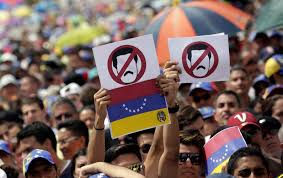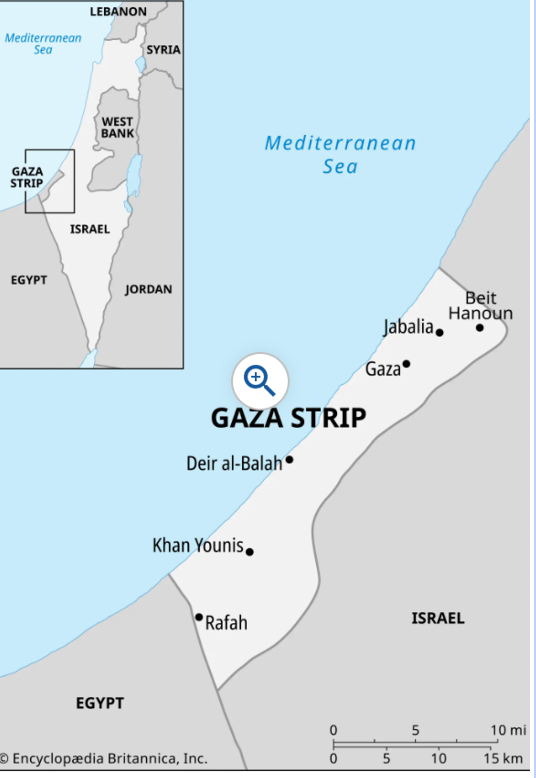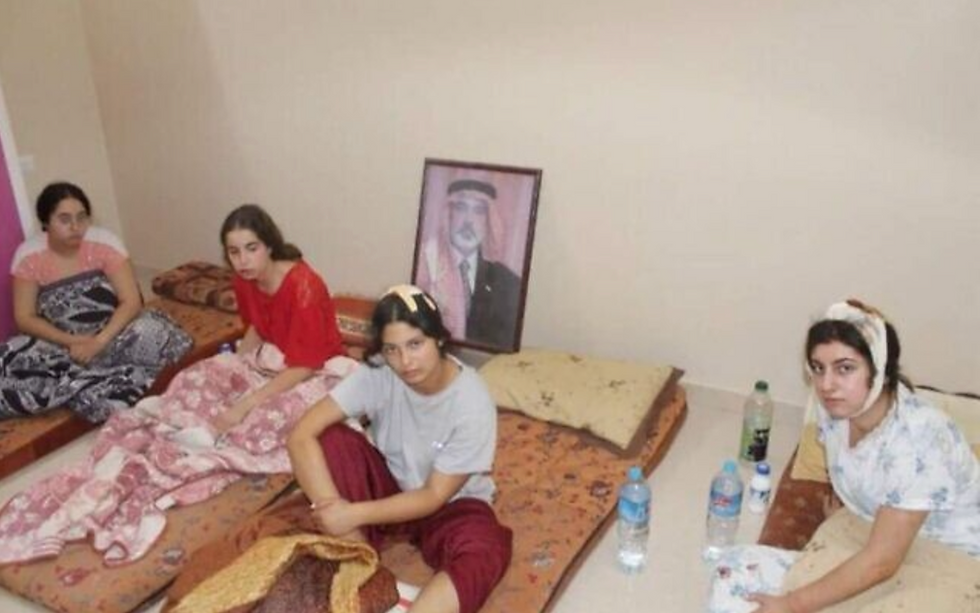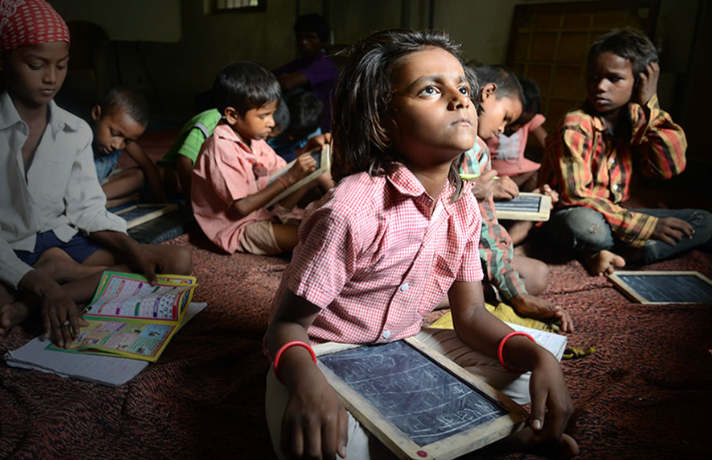From Prosperity to Crisis: Venezuela in the 20th Century Pt.1
- Camila Rangel
- Oct 3, 2024
- 2 min read
Updated: Oct 11, 2024

Imagine blinking your eyes. You see beautiful Caribbean beaches, and mountains, surrounded by your friends and family. Imagine blinking your eyes again, your whole world changing before you, not knowing if you will ever see these beaches, mountains, or people again. That’s the sad truth of the Venezuelan people's lives. From the 1950s until 1999, Venezuela was known as the richest country in Latin America; the 4th richest country in the whole world. This all happened thanks to Venezuela's oil reserves having about 300 billion barrels of oil, being the number one country with the most reserves of oil in the world.
However, in the 1990s, Venezuela's economic strength and political legitimacy declined. This decline was caused by two coups that happened during this decade that severely disrupted political stability. In 1992 Hugo Chavez, an army lieutenant, was arrested for partaking in the two coups, but later in 1994 he was released and that gained him political traction because fringe political parties were financially supporting him. In 1998, he ran for the presidency, andat first people were adamant about supporting him, but after he started running his anti-corruption and anti-poverty campaign, he quickly escalated in the polls gaining popular support. In 1998, he won the presidency with 56% of the votes and in 1999 he was installed as president. At this time the now known party of Chavismo was born. In the first months of his presidency, he reached an 80% approval rating in the polls. At the time, he did not run an openly authoritative government, but he did express his admiration for Fidel Castro (Cuban revolutionary leader). The poor, the intellectuals, and the traditional left rallied behind him. It was unusual that a president could bring together such different types of people. During his campaign, he had a neoliberal approach to his economic decisions by deregulating the telecommunication sector, controlling inflation, and having a free press. However, before his first year, he abolished the Congress and the Supreme Court, consolidating his political power, and coronating himself into a dictator.
In December 2012, Chavez died of cancer, but the government kept it hidden from the people until March 2013. So the people didn’t know for 3 months that their president had died. Before his death, Chavez, the former president handpicked Nicolás Maduro, to become the next president. This news was a surprise to everyone, since it was known Maduro was a bus driver. He came into power and later in 2014, there was another election which Nicolás Maduro won. For the years to come, the people in Venezuela started noticing the economy go down and things started to get quite out of control. People noticed food storage and gas storage was happening, and they knew that the future of the country wasn’t as bright as it once was. They knew there needed to be a change.
Part two coming soon.




Comments